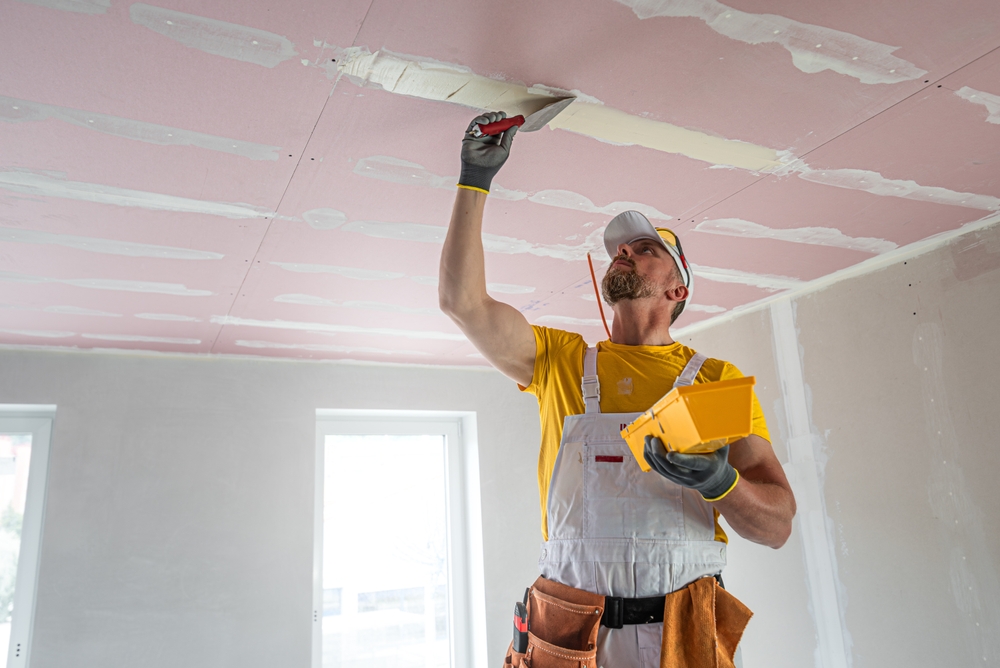

For contractors working on construction projects in Kansas, navigating retainage provisions is a crucial part of managing finances and ensuring smooth project execution. The Kansas Retainage Act governs how retainage works, and understanding its implications can help you better protect your financial interests. This guide will explain what the Kansas Retainage Act is, why it exists, and provide practical advice to help you comply with its provisions.
The Kansas Retainage Act is a state law that regulates retainage practices in construction contracts. Retainage refers to a portion of the contract payment withheld by the project owner or general contractor until the project reaches substantial or final completion. This withheld amount serves as a financial incentive to ensure the contractor completes the job to the agreed-upon standards.
Under the Kansas Retainage Act, withholding too much retainage or failing to release it promptly can result in legal consequences. The law is designed to establish fair practices, protect contractors and subcontractors from financial harm, and encourage timely project completion.
Retainage is a common practice in the construction industry, but its primary purpose is to provide project owners with leverage. It ensures that contractors complete work according to the contract’s terms, and it offers some financial security in case issues arise after substantial completion. However, for contractors and subcontractors, excessive retainage or delayed payments can lead to cash flow problems, making timely understanding of local regulations like the Kansas Retainage Act critical.
Here are some important aspects of the Kansas Retainage Act that contractors should know:
The law places a cap on the amount of retainage that can be withheld during the course of a project. While the exact percentage may vary depending on specific contract terms, Kansas aims to strike a balance between protecting the project owner’s interests and ensuring contractors maintain healthy cash flow.
Once a project reaches substantial completion, the Act requires any withheld retainage to be released promptly, barring any clear contractual disputes. This provision prevents undue financial strain on contractors and subcontractors waiting for final payments.
The Act also has provisions for retainage practices between general contractors and subcontractors, to ensure fair payment practices throughout the chain of work.
Failure to comply with the Kansas Retainage Act can lead to legal penalties, and affected parties may have the right to seek damages or compel payment through legal action.
If you’re a contractor working in Kansas, this law offers both opportunities and potential challenges. On the plus side, the law protects you from excessive withholding and guarantees timely payment of retainage, helping to keep your cash flow stable. However, you must ensure compliance with the law when working with subcontractors or managing retainage in your contracts to avoid disputes or penalties.
Understanding your rights and obligations under the Act is critical to navigating retainage provisions successfully.
To thrive under the framework of the Kansas Retainage Act, contractors should adopt clear strategies for ensuring compliance and protecting their financial well-being. Here are some actionable tips:
Before starting any project, carefully review the contract to understand how retainage will be handled. Look for clauses outlining the retainage percentage, release terms, and conditions for substantial and final completion. Don’t hesitate to negotiate these terms if they appear unfair.
Keep accurate and detailed records of your work to ensure that substantial completion milestones are met. Clear documentation can help resolve disputes efficiently if the release of retainage becomes an issue.
Proactively communicate with project owners, general contractors, and subcontractors about timeline expectations for retainage release. Transparency builds trust and helps prevent surprises during payment discussions.
Consulting with a construction attorney or financial advisor familiar with Kansas law can provide valuable insights. These professionals can help you interpret contract terms, negotiate fair provisions, and address disputes effectively.
If retainage is wrongfully withheld and you’ve exhausted other avenues, Kansas law allows contractors to file a lien to recover owed payments. Although this should be a last resort, it’s an essential tool for protecting your business.
Laws and regulations can change, so staying up-to-date on any amendments to the Kansas Retainage Act will help you avoid compliance pitfalls. Periodically attending workshops or legal seminars can ensure you remain informed.
Failing to adhere to the provisions of the Kansas Retainage Act can have serious consequences. Beyond potential legal issues, non-compliance can damage your reputation, strain relationships with clients and partners, and hurt your ability to secure future projects. On the other hand, following the law demonstrates professionalism and builds credibility in the competitive construction industry.
The Kansas Retainage Act is a vital piece of legislation that balances the interests of project owners and contractors. For contractors, understanding and complying with its provisions can prevent financial headaches, safeguard your business interests, and foster trust with your partners.
By taking the time to carefully manage retainage in your projects, you not only ensure legal compliance but also set yourself up for long-term success. Whether you’re negotiating retainage percentages, monitoring payment timelines, or seeking legal advice, proactive steps today will help you build a stronger, more resilient construction business in Kansas.
Don’t wait until it’s too late. Contact The Cromeens Law Firm today at 713-715-7334 for expert legal advice tailored to your specific construction law needs.
Karalynn Cromeens is the Owner and Managing Partner of The Cromeens Law Firm, PLLC, with over 17 years of experience in construction, real estate, and business law. A published author and passionate advocate for contractors, she has dedicated her career to protecting the businesses her clients have built. Karalynn is on a mission to educate subcontractors on their legal rights, which inspired her books Quit Getting Screwed and Quit Getting Stiffed, as well as her podcast and The Subcontractor Institute.

